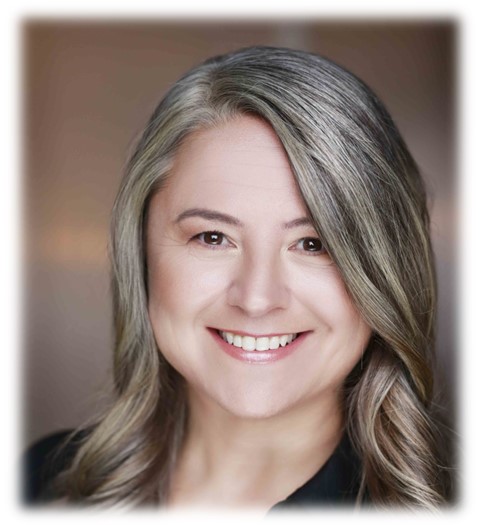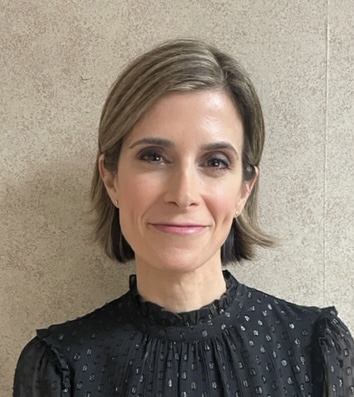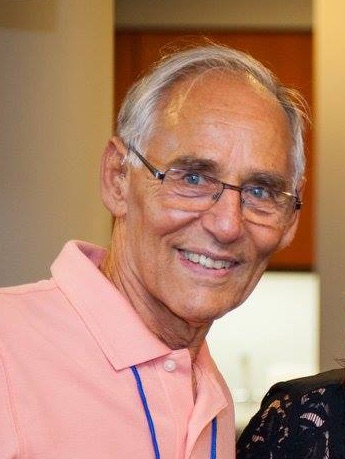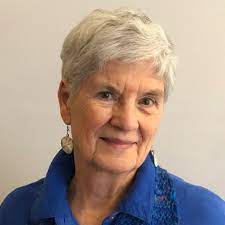In Practice Ombuds Dilemma #8: References, Relationships, and Responsibilities: When Should an Ombuds Vouch for Others?

Dear In Practice,
I have held a range of roles over the twenty years I’ve worked for my institution. Prior to my appointment as ombuds, I was a center director (supervising a small staff,) a student program liaison (supervising students working on undergraduate research projects,) and a faculty leadership development consultant (helping faculty navigate leadership and career progression concerns.) Since becoming an ombuds, I have been contacted by former students, faculty colleagues, and direct reports, asking me to serve as a reference. I feel awkward about all of the requests, although each has its own unique context: sometimes the requester is still affiliated with my institution, sometimes they are not; sometimes the opportunity being sought is internal and sometimes it’s external; sometimes the person asking is someone I’ve supervised and other times it’s someone I’ve come to know through other means. I’ve even had a request from a fellow ombuds, whom I’ve never worked with, to be a reference for an ombuds role they’ve applied for. While I feel flattered that my opinion of others seems to be valued, I don’t know where to draw the line. As an ombuds, are there circumstances under which me providing a reference is ethical and when do I “just say no?”


 The Structured Reflective Instrument
The Structured Reflective Instrument By Martina Peskoller-Fuchs
By Martina Peskoller-Fuchs By Julie Muroff,
By Julie Muroff,  By Kenneth Cloke,
By Kenneth Cloke, By Doriana Vintila, Ombuds - OMV Petrom S.A.
By Doriana Vintila, Ombuds - OMV Petrom S.A. By Mary Rowe,
By Mary Rowe,